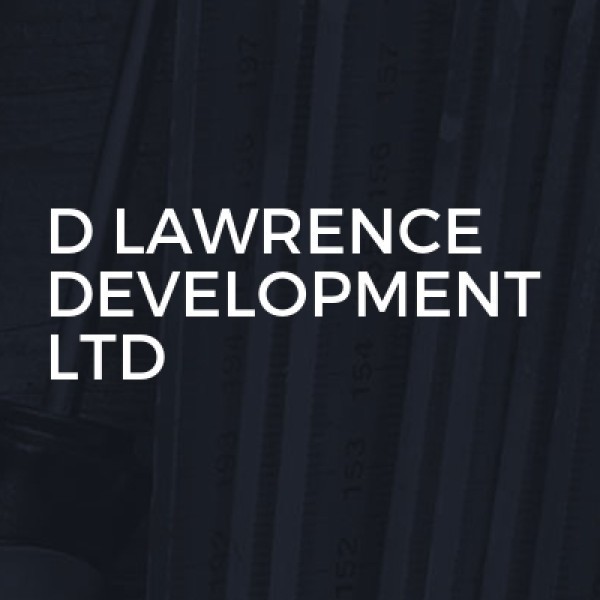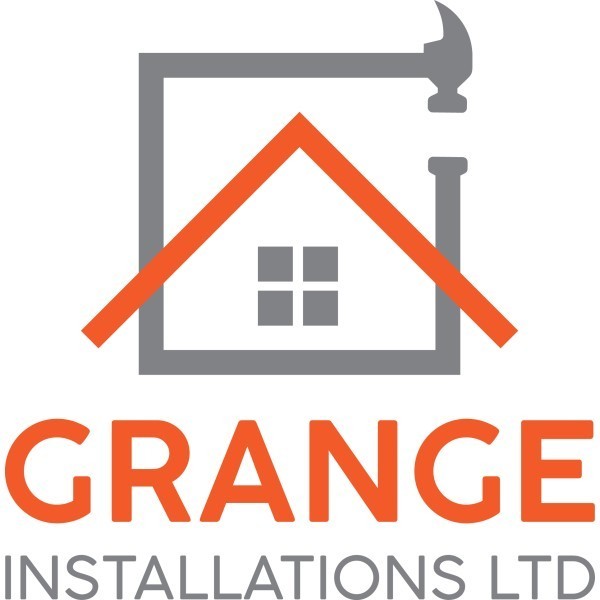Loft Conversions in Daventry
Filter your search
Post your job FREE and let trades come to you
Save time by filling out our simple job post form today and your job will be sent to trades in your area so you can sit back, relax and wait for available trades to contact you.
Post your job FREESearch Loft Conversions in places nearby
Understanding Loft Conversions in Daventry
Loft conversions in Daventry have become a popular choice for homeowners looking to maximise their living space without the hassle of moving. By transforming an underutilised attic into a functional room, you can add significant value to your home. Whether you're considering a new bedroom, office, or playroom, a loft conversion offers a versatile solution. Let's explore the various aspects of loft conversions in Daventry, from planning and design to costs and benefits.
The Benefits of Loft Conversions
Loft conversions offer numerous advantages, making them an attractive option for many homeowners. Firstly, they provide additional living space without the need for an extension, which can be more costly and time-consuming. Secondly, they can significantly increase the value of your property, often by more than the cost of the conversion itself. Additionally, loft conversions can enhance the aesthetic appeal of your home, offering a unique and personalised space that reflects your style.
Increased Property Value
One of the most compelling reasons to consider a loft conversion is the potential increase in property value. In Daventry, a well-executed loft conversion can add up to 20% to your home's value. This makes it a wise investment, especially if you're planning to sell in the future. Buyers are often attracted to homes with additional space, and a loft conversion can set your property apart in a competitive market.
Cost-Effective Solution
Compared to other home improvement projects, loft conversions are relatively cost-effective. They make use of existing space, which means you won't need to invest in new foundations or extensive structural work. This can result in significant savings, allowing you to allocate more of your budget to high-quality finishes and furnishings.
Customisable Space
Loft conversions offer a blank canvas for creativity. Whether you envision a cosy bedroom, a bright home office, or a playroom for the kids, the possibilities are endless. You can tailor the space to suit your needs and preferences, ensuring it complements the rest of your home.
Types of Loft Conversions
There are several types of loft conversions to consider, each with its own set of benefits and considerations. The most common types include dormer, hip-to-gable, and mansard conversions. Understanding the differences can help you choose the right option for your home.
Dormer Loft Conversion
A dormer loft conversion is one of the most popular choices in Daventry. It involves extending the existing roof to create additional headroom and floor space. Dormer conversions are versatile and can be adapted to suit various property styles. They are also relatively straightforward to construct, making them a cost-effective option.
Hip-to-Gable Loft Conversion
Hip-to-gable conversions are ideal for homes with a hipped roof, where the roof slopes on all sides. This type of conversion involves extending the sloping side of the roof to create a vertical gable wall, resulting in more usable space. Hip-to-gable conversions are particularly popular in semi-detached and detached properties.
Mansard Loft Conversion
Mansard conversions are more complex and typically involve altering the entire roof structure. They are characterised by a flat roof with steeply sloping sides, creating a box-like shape. While mansard conversions can be more expensive, they offer the most additional space and are suitable for a wide range of property types.
Planning and Regulations
Before embarking on a loft conversion in Daventry, it's essential to understand the planning and regulatory requirements. While some conversions may fall under permitted development rights, others may require planning permission. It's crucial to consult with local authorities and ensure compliance with building regulations.
Permitted Development Rights
In many cases, loft conversions can be carried out under permitted development rights, meaning you won't need to apply for planning permission. However, there are specific criteria that must be met, such as the volume of the new space and the height of the roof. It's important to check with the Daventry District Council to confirm whether your project qualifies.
Building Regulations
Regardless of whether planning permission is required, all loft conversions must comply with building regulations. These regulations ensure that the conversion is structurally sound and safe for habitation. Key areas of consideration include fire safety, insulation, and access. Working with a qualified architect or builder can help ensure compliance with these regulations.
Design Considerations
The design of your loft conversion is a crucial aspect of the project. It involves careful planning to ensure the new space is functional, aesthetically pleasing, and in harmony with the rest of your home. Here are some key design considerations to keep in mind.
Maximising Natural Light
Natural light can transform a loft conversion, making it feel bright and inviting. Consider incorporating skylights or dormer windows to maximise the amount of light entering the space. These features not only enhance the aesthetic appeal but also improve energy efficiency by reducing the need for artificial lighting.
Optimising Space
Loft conversions often involve working with limited space, so it's important to make the most of every inch. Built-in storage solutions, such as fitted wardrobes or shelving, can help maximise the available space. Additionally, choosing furniture that is proportionate to the room can prevent the space from feeling cramped.
Choosing the Right Materials
The materials you choose for your loft conversion can have a significant impact on the overall look and feel of the space. Opt for high-quality materials that complement the existing style of your home. Consider using sustainable materials to reduce your environmental impact and create a healthier living environment.
Cost of Loft Conversions in Daventry
The cost of a loft conversion in Daventry can vary depending on several factors, including the type of conversion, the size of the space, and the materials used. On average, a basic loft conversion can cost between £20,000 and £40,000, while more complex projects can exceed £50,000.
Factors Affecting Cost
Several factors can influence the cost of a loft conversion. These include the complexity of the design, the need for structural alterations, and the choice of materials. Additionally, costs may vary depending on the contractor's fees and any additional features, such as en-suite bathrooms or bespoke furniture.
Budgeting for Your Project
Creating a detailed budget is essential for managing the costs of your loft conversion. Start by obtaining quotes from multiple contractors to get a sense of the average cost. Be sure to factor in any additional expenses, such as planning fees or building regulation approvals. It's also wise to set aside a contingency fund to cover any unexpected costs that may arise during the project.
Choosing the Right Contractor
Selecting the right contractor is crucial to the success of your loft conversion. A reputable contractor will have the experience and expertise to deliver a high-quality result. Here are some tips for choosing the right professional for your project.
Research and Recommendations
Start by researching local contractors who specialise in loft conversions. Look for reviews and testimonials from previous clients to gauge their reputation. Additionally, ask friends or family for recommendations, as personal referrals can be invaluable in finding a trustworthy contractor.
Checking Credentials
Ensure that the contractor you choose is fully qualified and insured. Check for memberships in professional organisations, such as the Federation of Master Builders, which can indicate a commitment to high standards. It's also important to verify that the contractor has the necessary experience with loft conversions specifically.
Obtaining Quotes
Once you've narrowed down your options, obtain detailed quotes from each contractor. These should include a breakdown of costs, timelines, and any potential additional charges. Compare the quotes carefully to ensure you're getting the best value for your money.
FAQs About Loft Conversions in Daventry
- Do I need planning permission for a loft conversion in Daventry? In many cases, loft conversions fall under permitted development rights, but it's essential to check with the local council to confirm.
- How long does a loft conversion take? The duration of a loft conversion can vary, but most projects take between 6 to 10 weeks to complete.
- Can all lofts be converted? Not all lofts are suitable for conversion. Factors such as roof height and structural integrity must be considered.
- Will a loft conversion add value to my home? Yes, a well-executed loft conversion can significantly increase the value of your property.
- What is the average cost of a loft conversion in Daventry? Costs can vary, but a basic conversion typically ranges from £20,000 to £40,000.
- How can I ensure my loft conversion complies with building regulations? Working with a qualified architect or builder can help ensure compliance with all necessary regulations.
Loft conversions in Daventry offer a fantastic opportunity to enhance your home, providing additional space and increasing property value. By understanding the different types of conversions, planning requirements, and design considerations, you can embark on a successful project that meets your needs and budget. With careful planning and the right contractor, your loft conversion can become a valuable and cherished part of your home.














